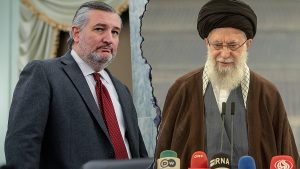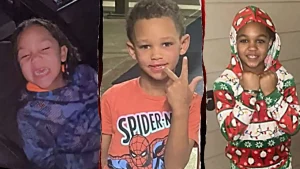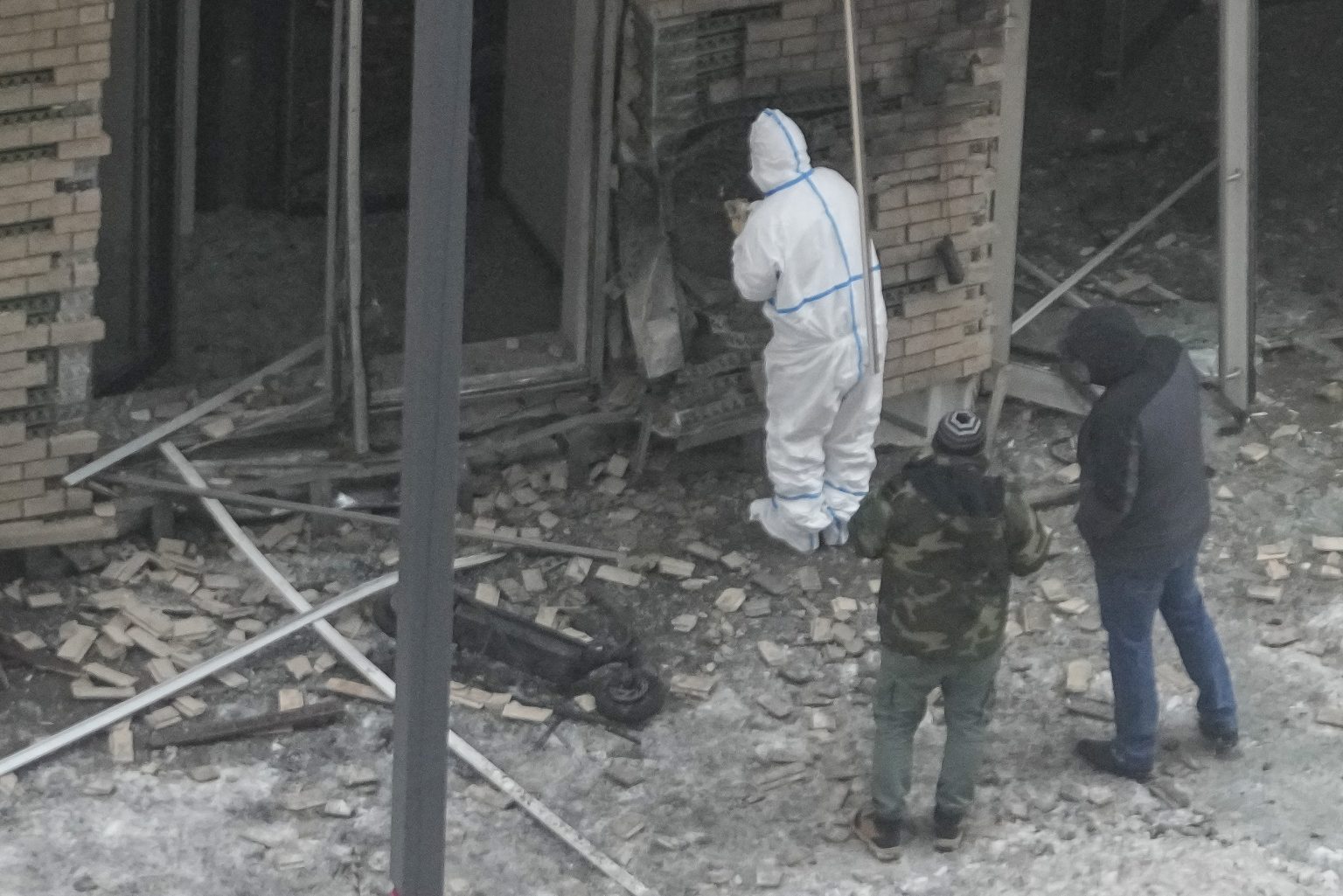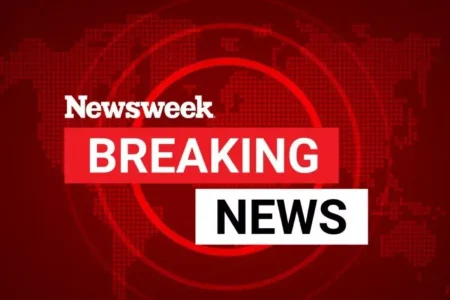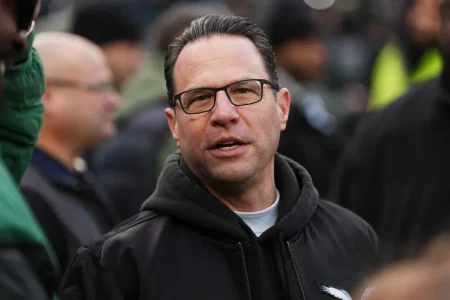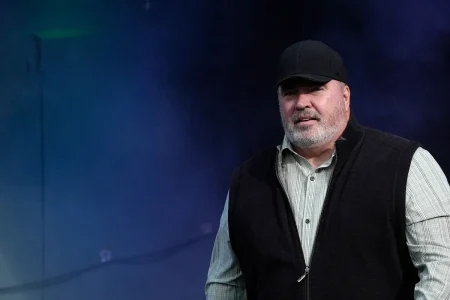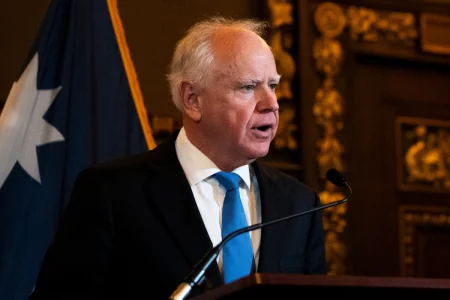The Escalation of Targeted Assassinations and the Shadow of War
The Russia-Ukraine conflict has transcended the battlefields and spilled into the realm of targeted assassinations, marking a dangerous escalation in the ongoing conflict. The recent announcement by Russia’s Federal Security Service (FSB) of a foiled plot to assassinate top military officials underscores the volatile and unpredictable nature of this war. This alleged plot, involving remotely detonated car bombs and concealed explosives, mirrors the tactics used in the assassination of Lieutenant General Igor Kirillov in December 2024. Kirillov, a key figure in Russia’s defense apparatus, was killed by a bomb planted on an electric scooter outside his Moscow apartment. Ukraine claimed responsibility for the attack, which also claimed the life of Kirillov’s assistant. These incidents highlight the increasing use of clandestine operations and targeted killings as a means of disrupting the opposing side’s leadership and sowing chaos.
The assassination of high-ranking military officials represents a significant shift in the dynamics of the war. While the conflict has primarily been fought with conventional military forces, the increasing reliance on covert operations indicates a willingness to escalate the conflict beyond traditional warfare. The targeting of individuals within the military hierarchy aims to decapitate the enemy’s command structure and disrupt their strategic decision-making capabilities. This shift towards targeted killings carries the risk of further escalating tensions and blurring the lines between military and civilian targets.
The FSB’s claim of foiling an assassination plot adds another layer of complexity to the already tense relationship between Russia and Ukraine. The FSB’s assertion that Ukrainian special services were involved in the alleged plot further fuels the accusations and counter-accusations that have characterized the conflict. The use of car bombs and concealed explosives in both the Kirillov assassination and the foiled plot suggests a level of sophistication and planning that raises concerns about the potential for further attacks. The FSB’s arrest of four Russian citizens in connection with the foiled plot also raises questions about potential internal dissent or collaboration with Ukrainian forces.
The accusations of terrorism leveled by both sides reflect the deeply entrenched animosity and mistrust that have permeated the conflict. Russian President Vladimir Putin condemned Kirillov’s killing as an act of terrorism, while Ukrainian President Volodymyr Zelensky has previously accused Russia of state-sponsored terrorism. These accusations highlight the profound divide between the two nations and the difficulty of finding common ground for negotiation or resolution. The escalating cycle of violence and retribution further complicates the prospects for a peaceful settlement.
The upcoming third anniversary of the war’s commencement looms large as a stark reminder of the protracted nature of the conflict and the immense human cost. The continued fighting has resulted in widespread devastation, displacement, and loss of life. The international community’s efforts to mediate a ceasefire or negotiate a peaceful resolution have been largely unsuccessful, leaving the two nations locked in a seemingly intractable struggle. The prospect of a prolonged conflict with no clear end in sight raises concerns about the long-term stability of the region and the potential for further escalation.
The incoming U.S. presidential administration under President-elect Donald Trump brings a new element of uncertainty to the equation. Trump’s previous statements about his ability to quickly resolve the conflict have raised hopes for a potential breakthrough, but also concerns about his approach to international relations. His willingness to engage with both Putin and Zelensky suggests a potential shift in U.S. policy towards the conflict. However, the complexities of the situation and the deep-seated animosity between Russia and Ukraine make a swift resolution unlikely. The international community will be closely watching Trump’s actions and pronouncements to gauge his commitment to finding a peaceful solution to this protracted and devastating war. The future of the Russia-Ukraine conflict remains uncertain, and the potential for further escalation and violence remains a serious concern.
